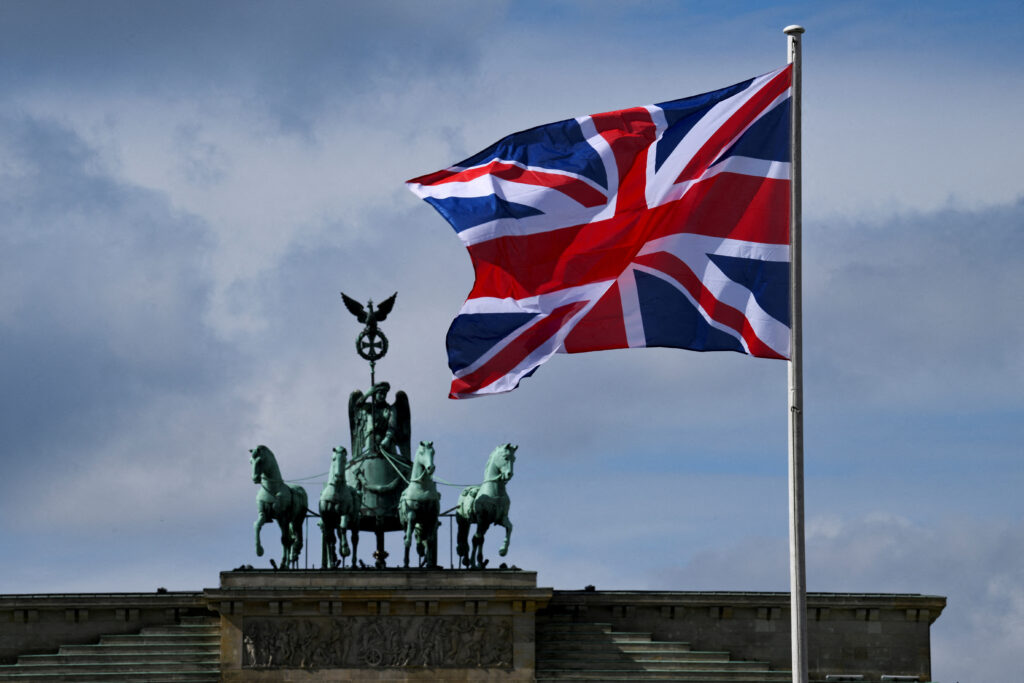- Web
- Feb 05, 2026
Brexit cost UK £27bn in lost trade in first two years, says LSE report
-

- Web Desk Karachi
- Dec 19, 2024

LONDON: Brexit has resulted in a £27bn loss to UK trade with the EU in the first two years, although the overall impact on trade was less severe than initial forecasts suggested, according to a detailed review conducted by researchers at the London School of Economics (LSE). The findings indicate that trade barriers have severely affected small businesses, with thousands ceasing to trade with EU countries.
Researchers from the Centre for Economic Performance analyzed data from over 100,000 firms. By the end of 2022, two years after the UK established its trade and cooperation agreement (TCA) with the EU, British goods exports had decreased by 6.4%, while imports fell by 3.1%.
The Office for Budget Responsibility (OBR) has projected a potential 15% drop in trade, which could lead to a 4% reduction in national income over the long term. The CEP researchers noted that while it remains possible for the UK to experience the level of decline forecasted by the OBR, a further worsening of trade with the EU would be necessary to reach those estimates.
Thomas Sampson, one of the report’s co-authors, stated, “Our findings show that, through the end of 2022, the TCA has led to a decline in goods trade that is less than half of what the OBR predicted. However, it’s essential to note that the OBR’s projection is a long-term outlook, whereas we focus on the first two years of the TCA.
Whether trade will continue to decline over time is uncertain, but any additional drop would need to be greater than what we’ve already observed to align with OBR’s forecasts.”
Rachel Reeves may find these findings encouraging, as they suggest a degree of economic resilience amid significant trade disruptions. However, this also places pressure on the Chancellor to take action to lower trade barriers in the coming years to avoid worsening the situation. A reassessment by the OBR of its earlier predictions might lead to improved growth forecasts considering the relatively positive outlook for UK trade.
Negotiations for the next phase of the TCA are set to begin next year, with ministers likely to oppose any demands to open UK agricultural markets to EU competition in exchange for greater access for UK goods.
The review revealed that while most large firms continued trading at previous levels with EU partners, smaller exporters—particularly those with fewer than 100 employees—faced significant hardships. Over 14,000 of the examined firms, nearly all small businesses, stopped trading with the EU entirely. In contrast, larger firms managed to adapt better by sourcing components and raw materials from non-EU countries, which resulted in imports faring better than exports.




